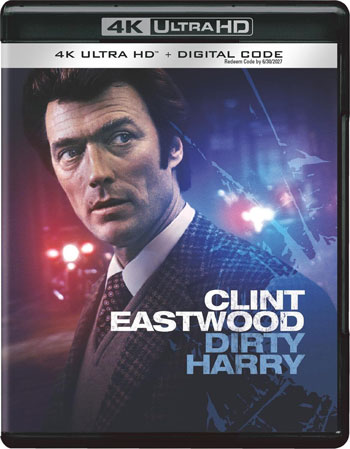
Warner Bros.
Some films are so significant in the American cinematic memory that it’s difficult to say anything about them.
The Godfather springs to mind as a film where it’s almost a joke to imagine critical appraisal in 2025. Who needs to hear that The Godfather is worth watching, and who would dare to mount a revisionist account upon it?
Dirty Harry would seem to be such a film: it has been so endlessly analyzed, parodied, invoked, and imitated over the years it seems like there could be nothing more to say about it.
However, upon rewatching I find the questions it poses, the political line it straddles, the uneasy and critical relationship it has with its own hero make it endlessly and eminently ripe for discussion and analysis. It is an evergreen film.
It seems unlikely that anyone needs a synopsis of Dirty Harry but, for those who may have just discovered films, here it is: The Scorpio Killer (Andrew Robinson) kills a woman by sniping her from an adjoining rooftop and leaves a note holding the city of San Francisco to ransom or he’ll continue to kill. Inspector “Dirty” Harry Callahan (Clint Eastwood) is assigned the case, which has major political implications due to the possible panic surrounding Scorpio’s threat.
Callahan has a reputation for catching “every dirty job that comes along” and we follow him about town as he foils a bank robbery (famously while still eating an hot dog) and defuses a suicidal jumper. He carries an enormous Smith and Wesson 29 chambered in .44 Magnum and shows himself to be a fearless, efficient, and often brutally violent police officer who doesn’t suffer fools and has very little respect for authority.
When Scorpio escalates his threat by burying a woman alive unless a ransom is paid, Harry delivers the money and turns the tables on him before torturing him to discover the location of the buried woman in time. Although the hostage is recovered in time, Scorpio must be released as a direct result of Harry’s actions violating his Miranda rights.
What follows is a game of cat and mouse between the clever killer and the relentless cop– the first in cinematic history. Scorpio tries to frame Harry for police brutality to exploit the bureaucratic quagmire that got him exonerated the first time, and Harry shadows Scorpio, confident he can’t help himself.
Dirty Harry might be the most influential American film of the 1970’s in terms of what it inspired: Serial killers became dependable mainstays of police dramas, and the heroes of those dramas went from clean cut, by the book cops to hard ass urban hunters, who were openly held in contempt by their superiors. This is the modern police action film crystallized.
What made this film so indelible was three major factors: the strength of the main performances; the slick action direction of Don Siegel; and the political context that Dirty Harry straddled right to the edge of.
Eastwood’s persona was pretty well set by 1971, but no film arguably exploited it to greater effect– he’s at his laconic best as Callahan. Within a pretty narrow band of expression, Eastwood gets so much out of small gestures and half smiles. His rage when interrogating Scorpio is legitimately frightening, and his humor when dealing with his co-workers as a shield against the profound alienation he feels from society and the clear pleasure he takes in using violence make him an irresistible anti-hero.
It helps that he’s paired against Andrew Robinson, an actor who began his career here and developed into a first rate character actor who specialized in smiling menace. Scorpio is an unexplained phenomenon– and that gives him even more power. He’s motiveless, with no past, and no explanation– the urban fear of early 70’s California made manifest.
Dirty Harry was in its time, and remains now the classic of American action cinema.The recovery of the primal American hero, transplanted from the Western and updated for the contemporary, remains iconic, problematic, and fascinating. This film has aged– it’s particular political context is not as clear as it would have been in 1971, but the peerless action scenes and great characters will always be worth visiting.
Extras are plentiful including commentary from film critic Richard Schickel, featurettes, interview gallery, and two feature length documentaries.
Recommended.




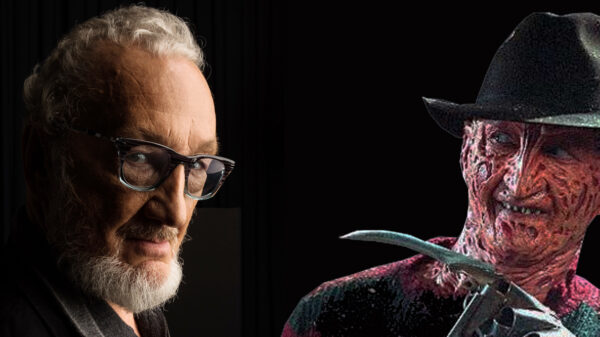
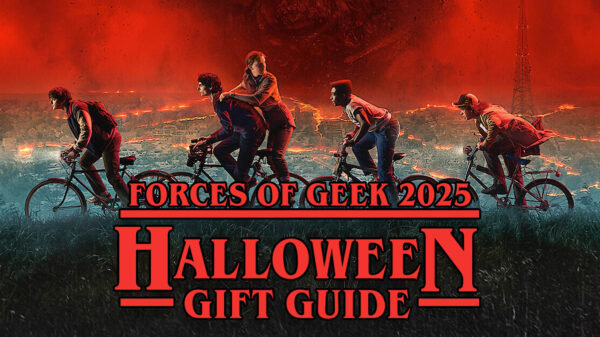
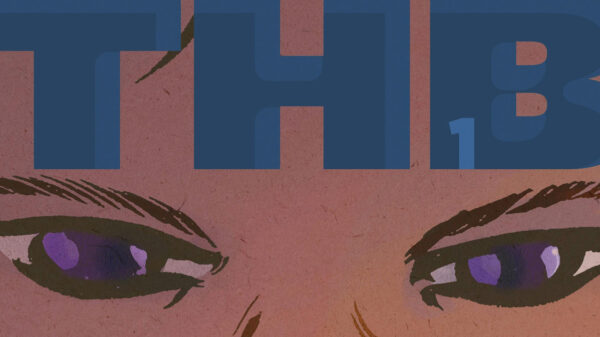

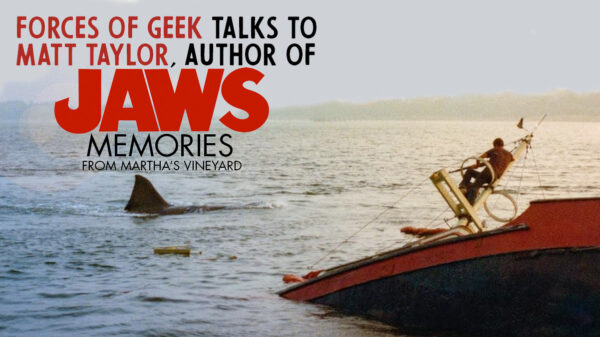
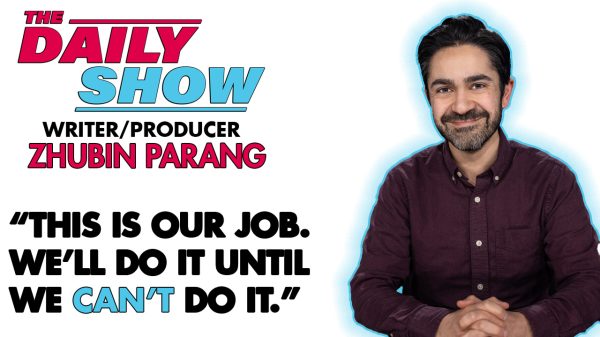
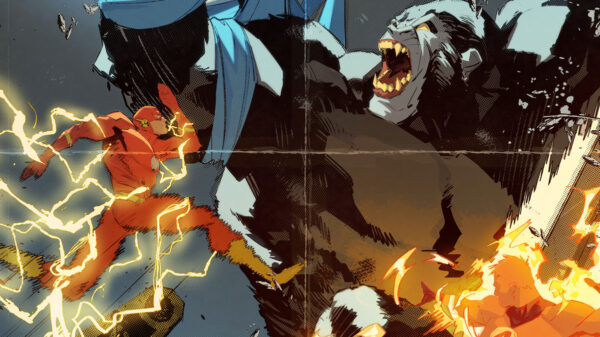
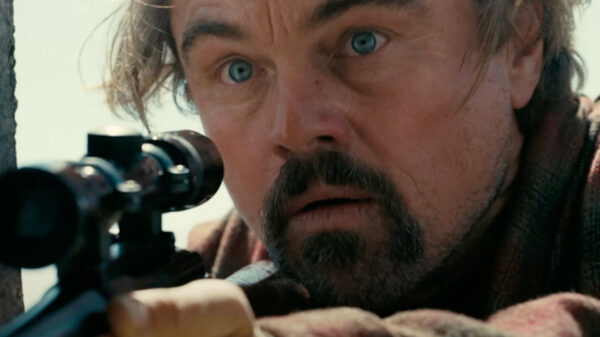
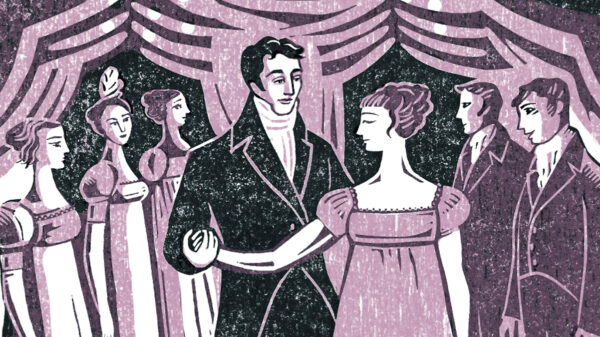
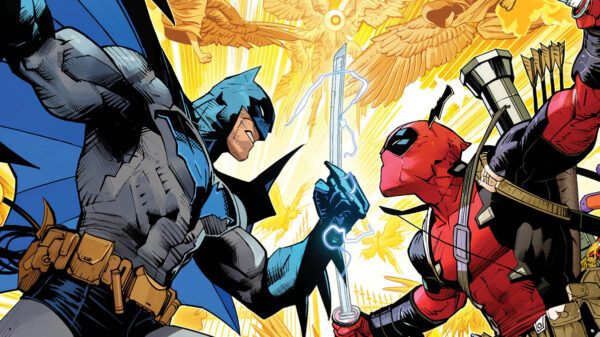
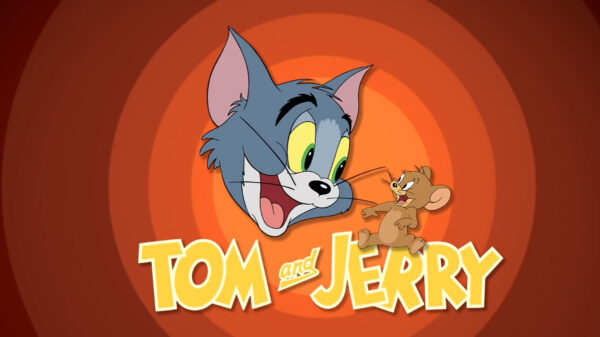



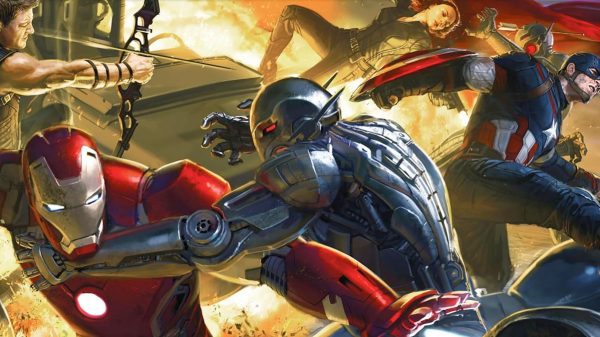

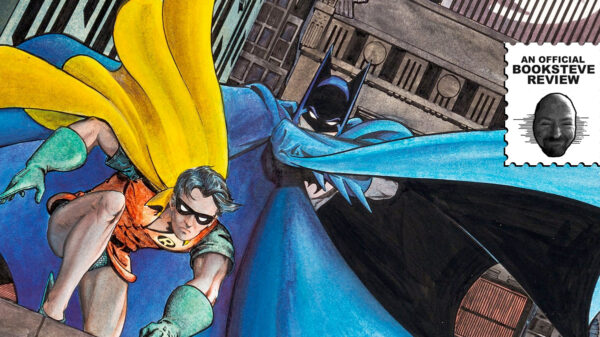
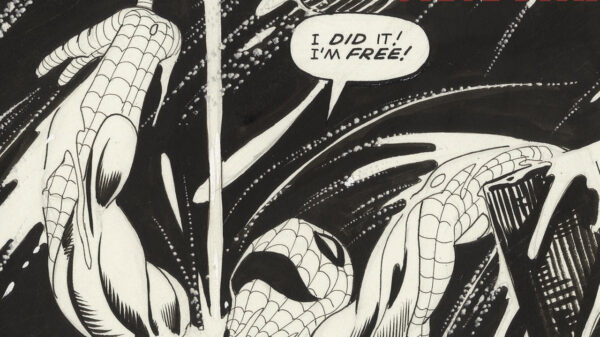
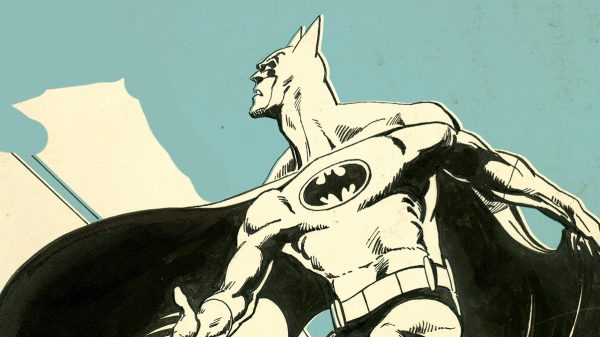

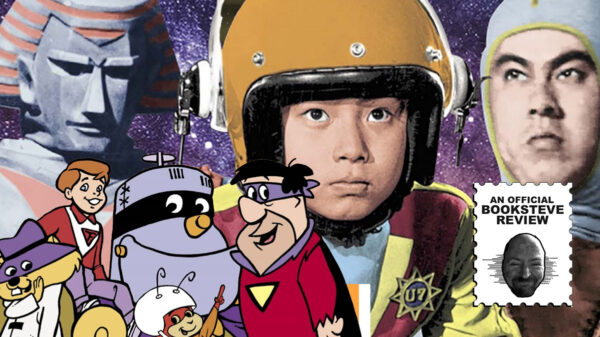
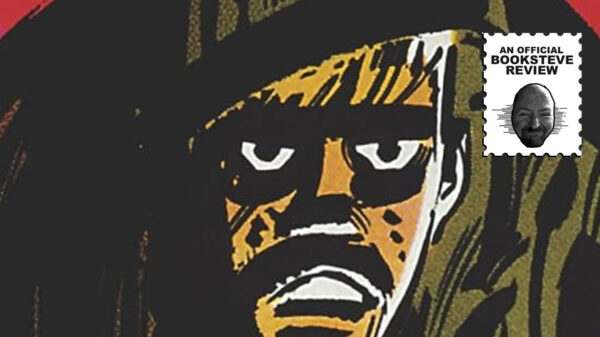
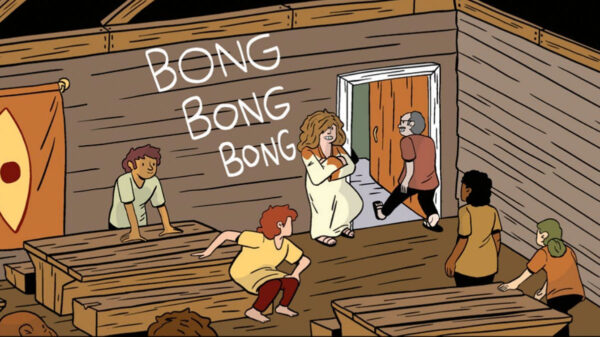
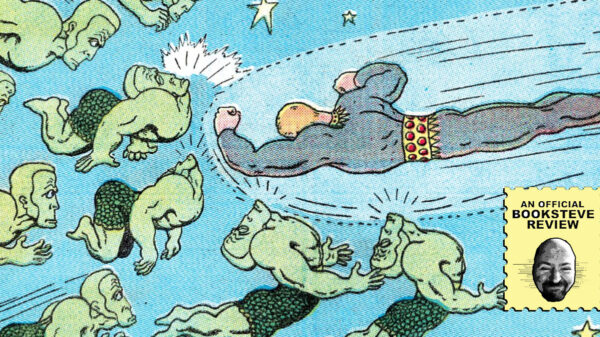
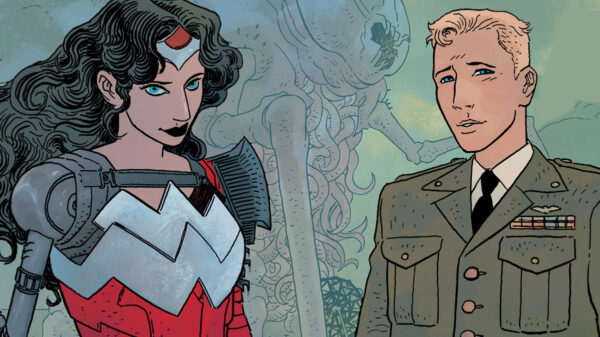









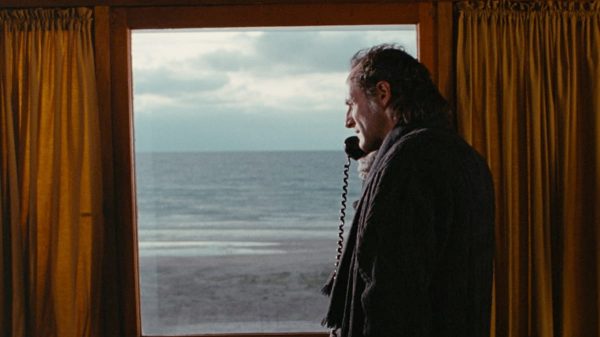
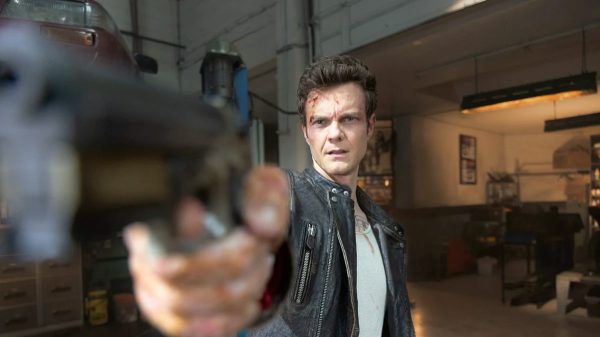
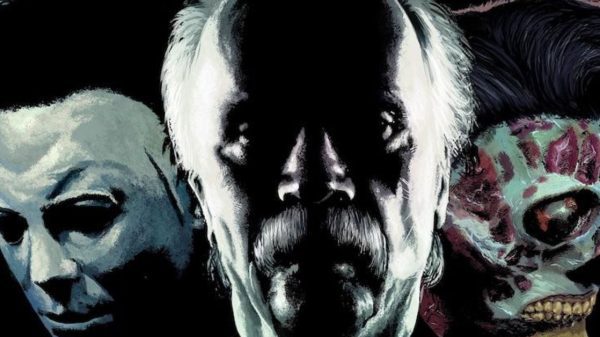
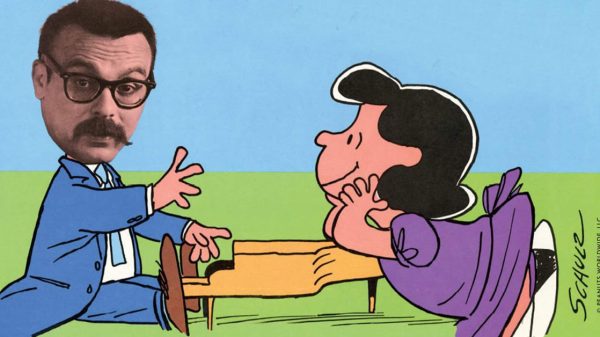
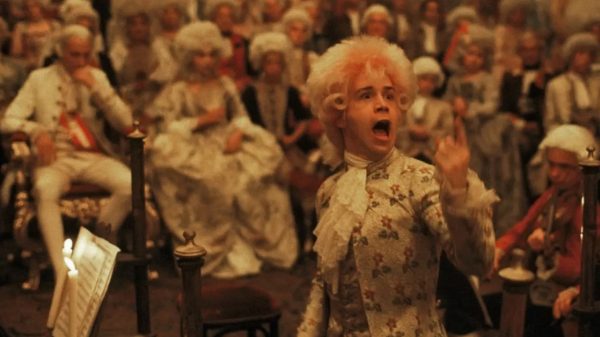











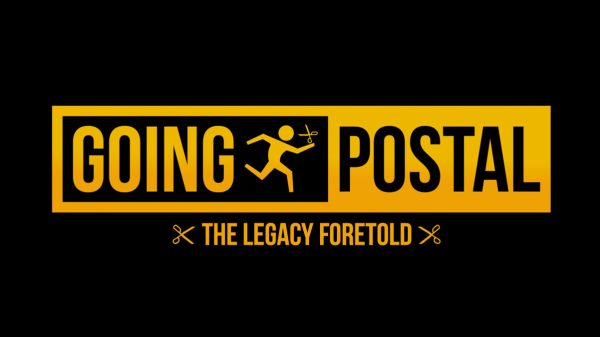
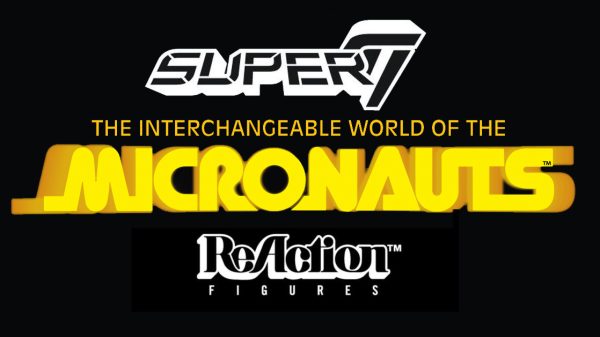
















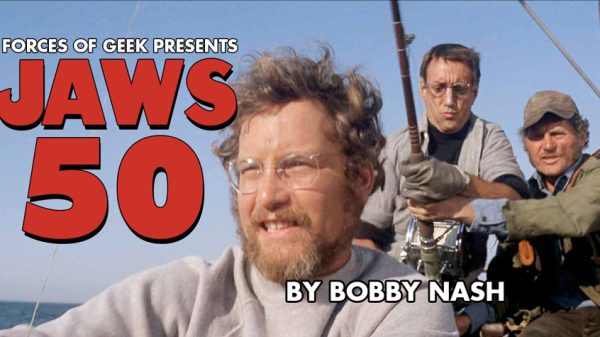









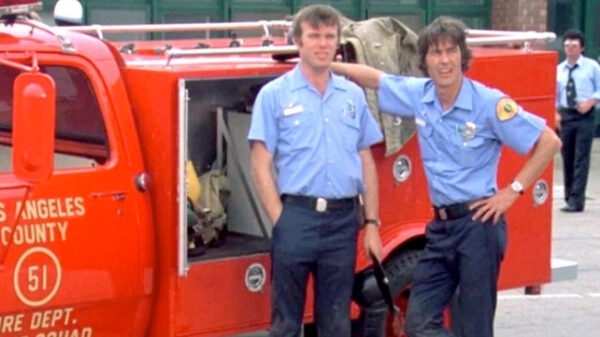
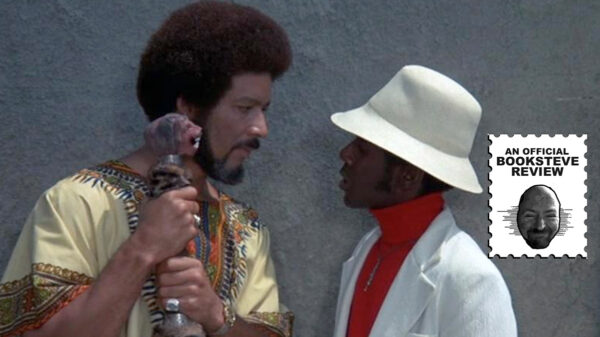
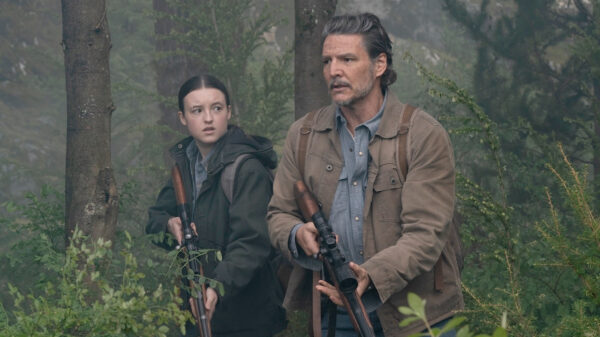




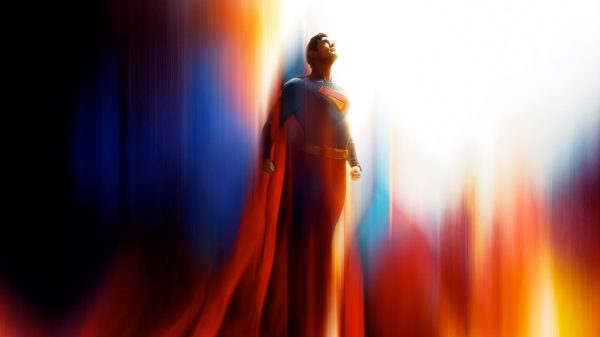
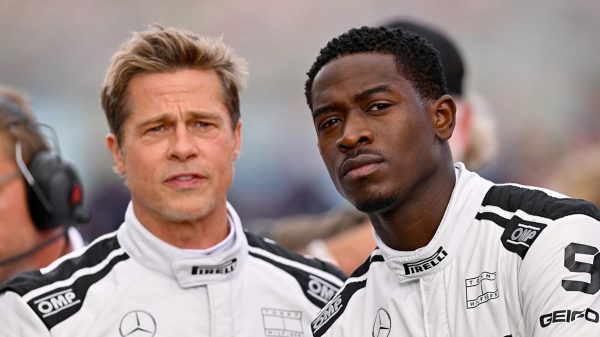




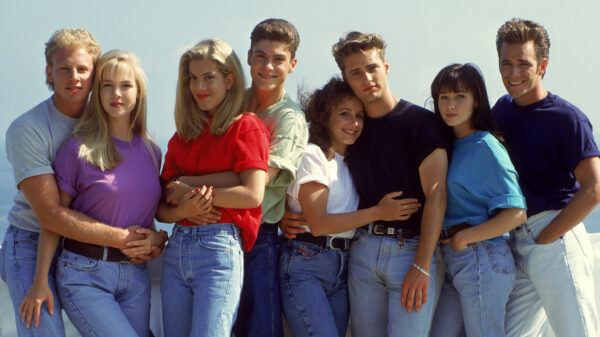

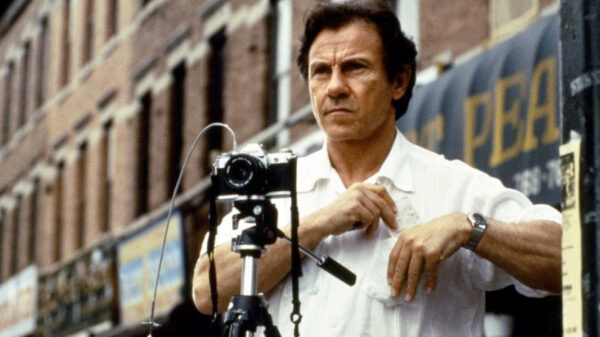
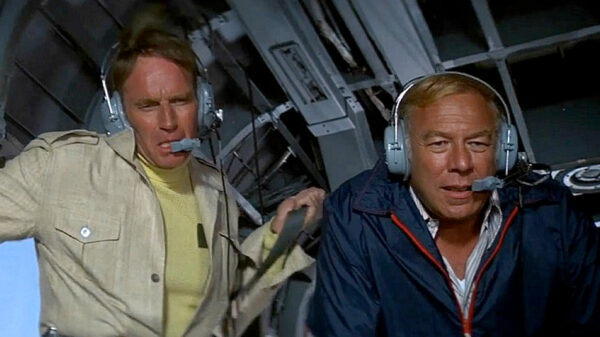




You must be logged in to post a comment Login